Basque and Catalan cuisine: well done, with separatism on the side
Spain’s two greatest food regions are also it’s most rebellious – but do restaurateurs weigh in or stay clear of the complex relationship between food and independence politics? We find out at the Basque Culinary World Prize
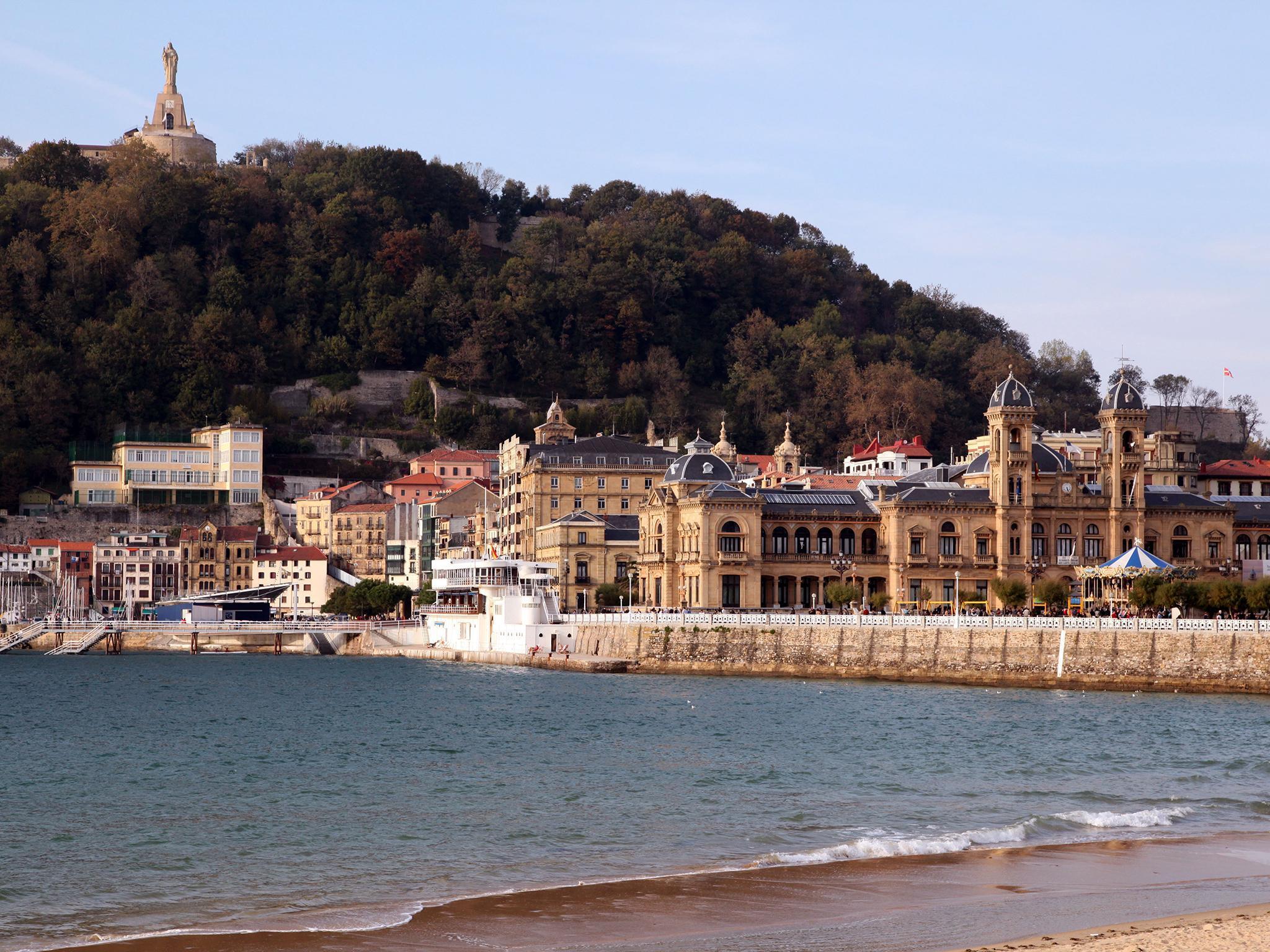
Your support helps us to tell the story
From reproductive rights to climate change to Big Tech, The Independent is on the ground when the story is developing. Whether it's investigating the financials of Elon Musk's pro-Trump PAC or producing our latest documentary, 'The A Word', which shines a light on the American women fighting for reproductive rights, we know how important it is to parse out the facts from the messaging.
At such a critical moment in US history, we need reporters on the ground. Your donation allows us to keep sending journalists to speak to both sides of the story.
The Independent is trusted by Americans across the entire political spectrum. And unlike many other quality news outlets, we choose not to lock Americans out of our reporting and analysis with paywalls. We believe quality journalism should be available to everyone, paid for by those who can afford it.
Your support makes all the difference.It’s December in San Sebastian. An icy wind whipping the waves over the elegant seafront can’t keep the punters from the pintxo bars; world class foodie attractions offering not just your salt-cod croquetas but things like Hidalgo 56’s “volcano of black pudding with egg yolk, grapes and apple”.
A few blocks inland, in the Tabakalera international culture centre, more exquisite snacks are served at another manifestation of Basque cooking might, the gala presentation of the Basque Culinary World Prize. Media and catering celebrities include Joan Maria Arzak: old hand of the Basque new wave, looking like a retired grandad in a blue, woolly sweater as opposed to his normal, severe, white uniform.
Arzak is the father of the modern Basque cooking, which he started in 1970s by adapting the methods of the late French nouvelle cuisine star Paul Bocuse to local cookery. The prize, a trophy and cheque for 100,000 euros, goes to Leonor Espinosa, a Colombian chef known for transforming the results of her research among indigenous communities into recherché dishes in her smart Bogota restaurant.
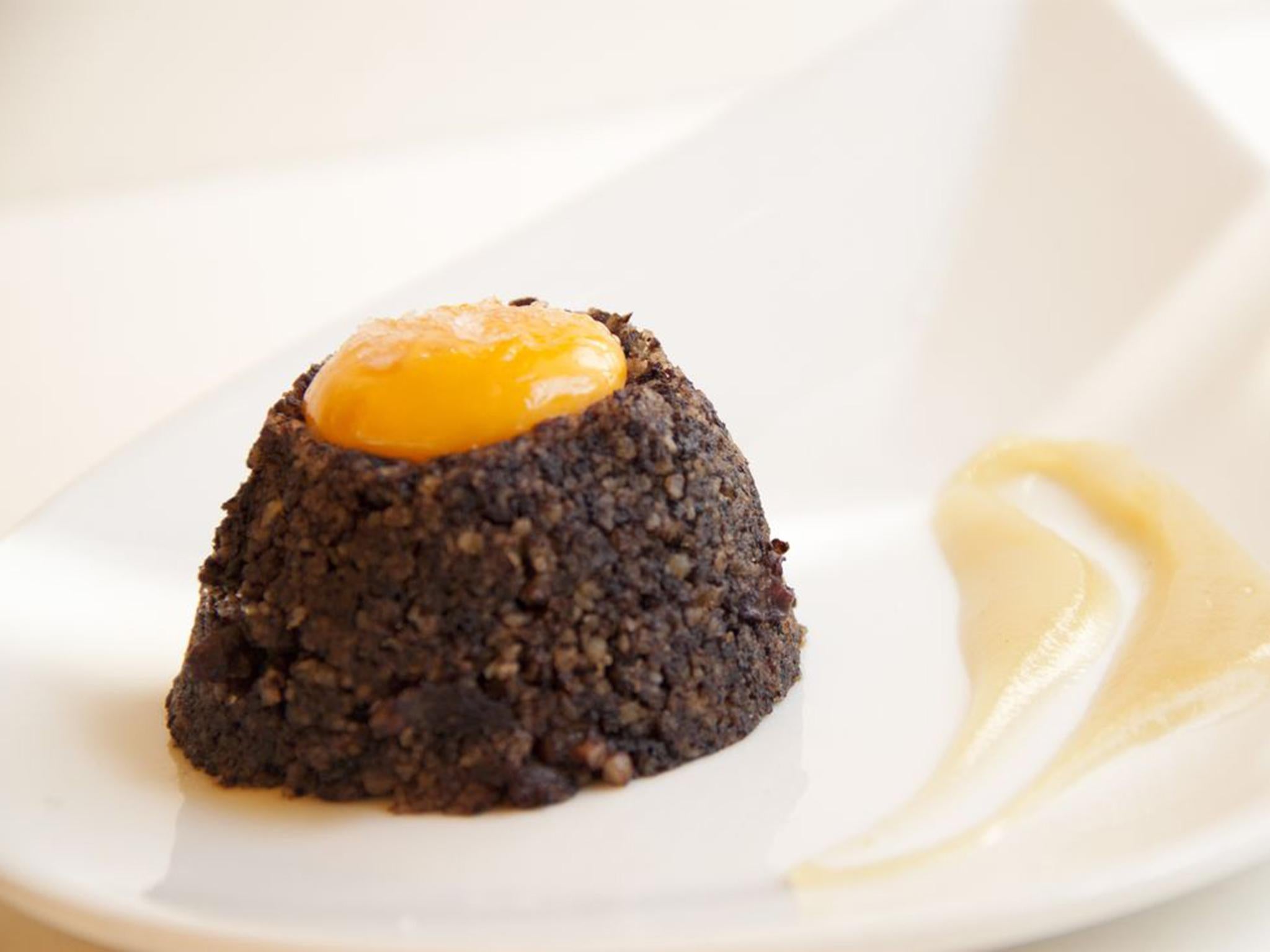
Speeches are courtesy of the Basque minister for economic development and the dapper figure of Joan Roca, prize committee chair and one of the three brothers who run El Celler de Can Roca, a temple of art cooking which has spent half of the past decade at number one position on The World’s 50 Best Restaurants list.
I’m keen to hear Roca’s comments on another matter: the constitutional crisis on the other side of the country, because Joan Roca’s restaurant is not Basque, but located in the Catalan city of Girona. And therefore a neighbour of Carles Puigdemont, the dismissed president of would-be independent Catalonia, currently a refugee in Brussels while he keeps the nation on tenterhooks, manoeuvring with increasing desperation in the hope of returning not to jail but to power.
Puigdemont is former mayor of Girona, a Catalan separatist hotspot, and has been unstinting in his praise of his constituents the Rocas’ role in promoting the regional gastronomy which is one of the distinguishing characteristics of Catalan identity. The crisis following the crushed independence bid has not helped gastronomy however: restaurant bookings have slumped, like the region’s economy in general.
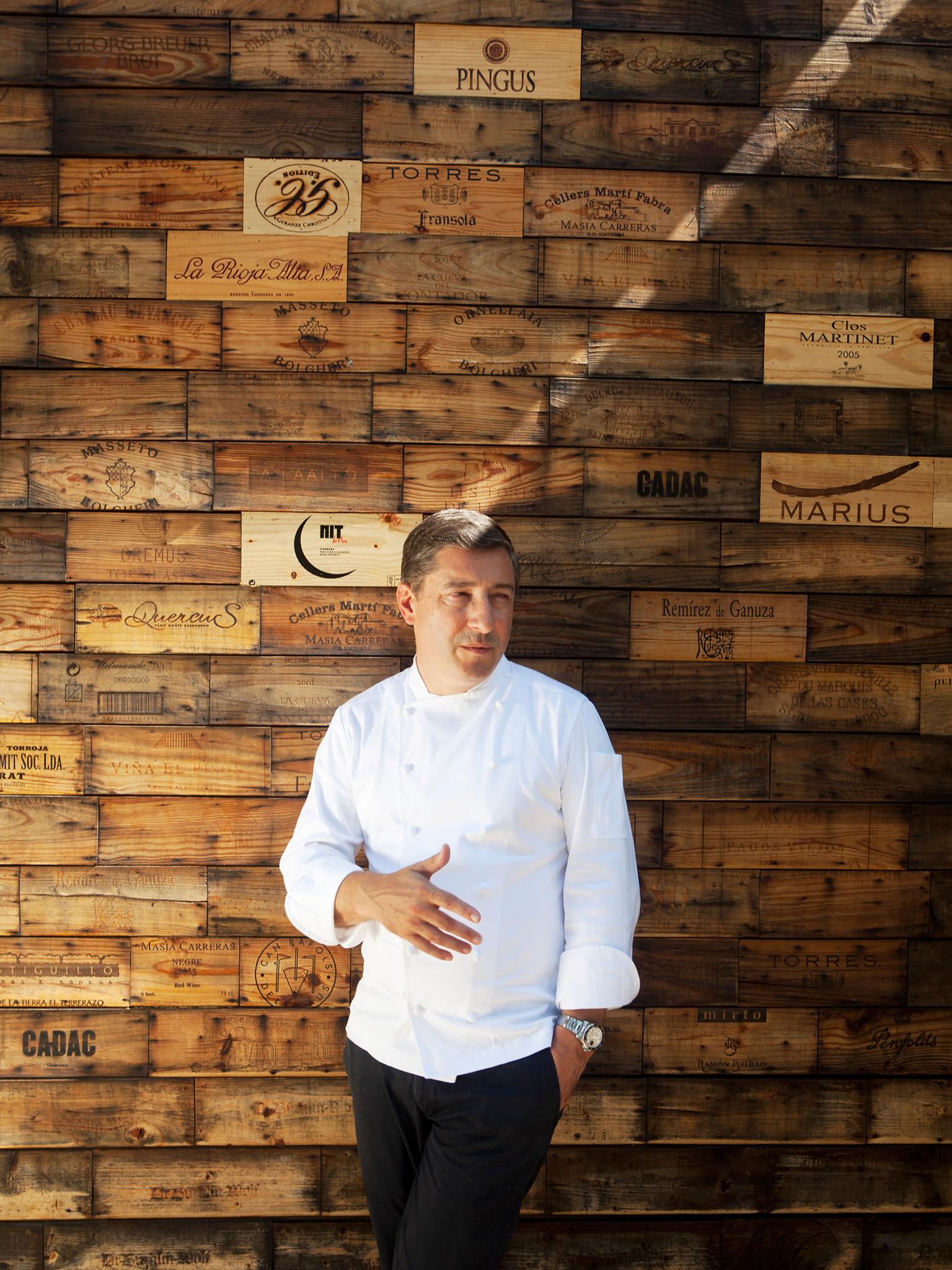
Roca – courteous, pleasant, but above all diplomatic – will not be drawn on this, merely commenting that his own restaurant’s waiting list, around 11 months for a table, has not been affected. A handful of important Catalan restaurateurs have publicly taken sides: Fermi Puig standing as candidate on Puigdemont’s election list, Nando Jubany demonstrating against the “political imprisonment” of the independence leaders. But the vast majority opt for discretion. “You won’t get any chefs talking about independence politics,” says the food journalist Cristina Jolonch, covering the prize awards for Barcelona’s La Vanguardia. “It’s too divisive a subject, and they have to be careful of alienating their customers.”
Nor is it easy to prise out of Basque commentators an admission that Catalonia’s problems are a boon, as you might imagine, given that these are the two rival food powerhouses of Spain. “We don’t have any statistical means of saying whether our restaurants are getting custom from the Catalans,” says Asier Alea, regional manager of government trade and tourism, in a meeting room in Bilbao’s historic council building.
But Alea isn’t playing down the importance of the foodie card. An enthusiastic and voluble graduate of the Massachusetts Institute of Technology, Alea talks fluently about the “soft power” effects of headline-catching restaurants and star chefs in exporting the world image of the region, and thus its business generally. The Basque culinary prize was his idea, following logically from the financing of the Basque Culinary Centre, the world’s first catering university. The prize, says Alea, was conceived to do nothing less than fill the gap for a Nobel Prize for Gastronomy, yet another feather in the cap of the resurgent region and its economy.
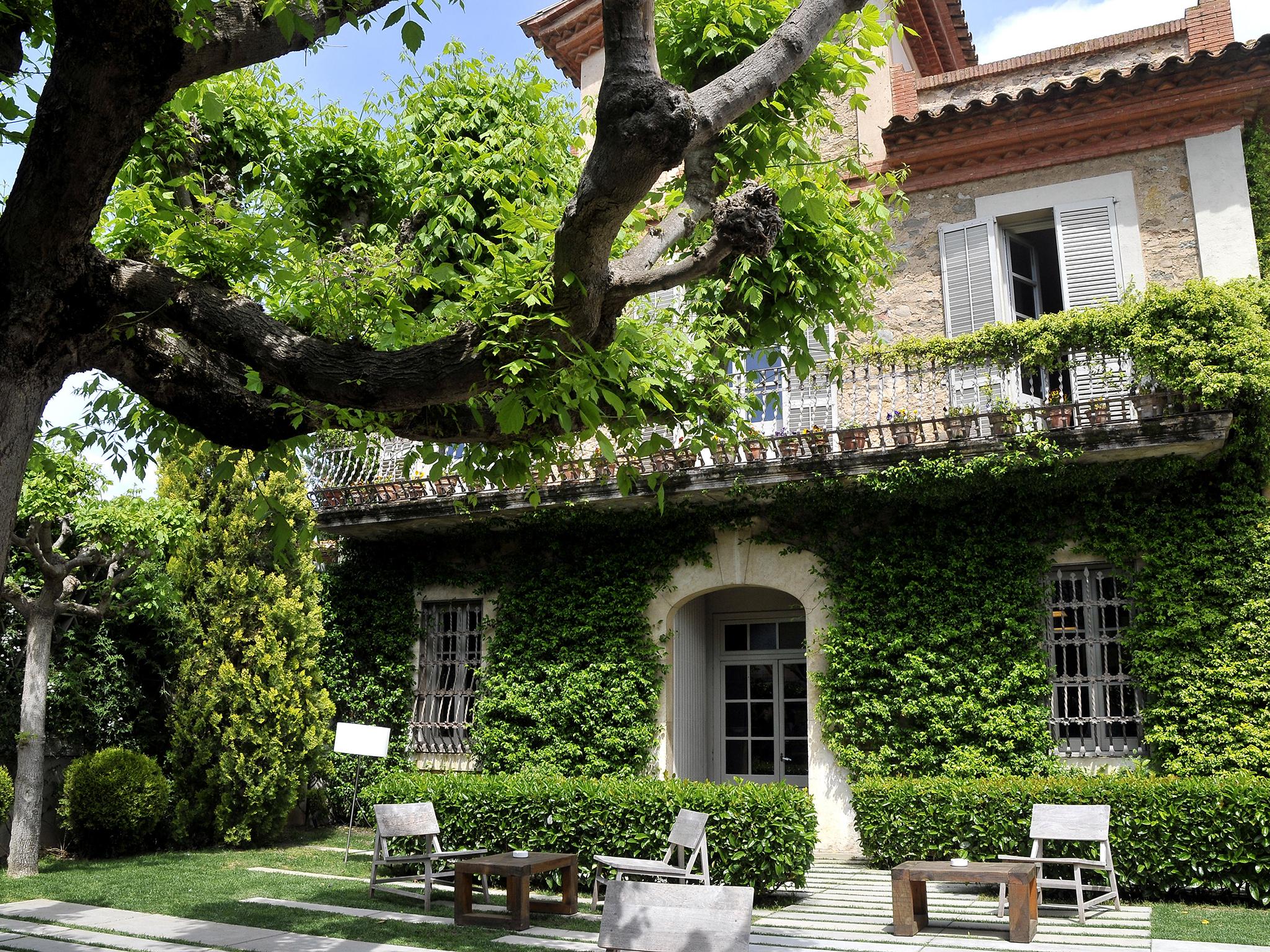
Years ago, the Basque Country faced a political problem similar to Catalonia’s. The period of evolution of Basque nouvelle cuisine coincided with the blackest years of violence by the region’s ETA separatist terrorists. During this time, many Basque restaurateurs paid ETA’s revolutionary tax, or extortion money, some willingly, others not – in the latter case encouraged no doubt by examples such as ETA’s murder of the chef Ramon Diaz Garcia. The Catalan separatist movement has at least been non-violent, and there are no allegations, at least public ones, of Catalan restaurateurs being shaken down for the political commission on official contracts.
But Catalonia is languishing while the Basque Country forges ahead. The last remaining ETA prisoners are begging for better conditions in return for abject apologies, the violence is forgotten, tourism is up and the restaurants are full. Promo-wise, the next big thing is the arrival of The World’s 50 Best Restaurants awards to Bilbao in June, another move in the soft power game, so appealing to international players like the telecoms giant Telefonica and the Basque bank BBVA. The logo of BBVA, Spain’s second-largest bank and a major sponsor not just of Basque gastronomy but of Catalan too, adorns everything from the World’s Best publicity documents to the polo shirts the Roca brothers sport on their travels as food ambassadors.
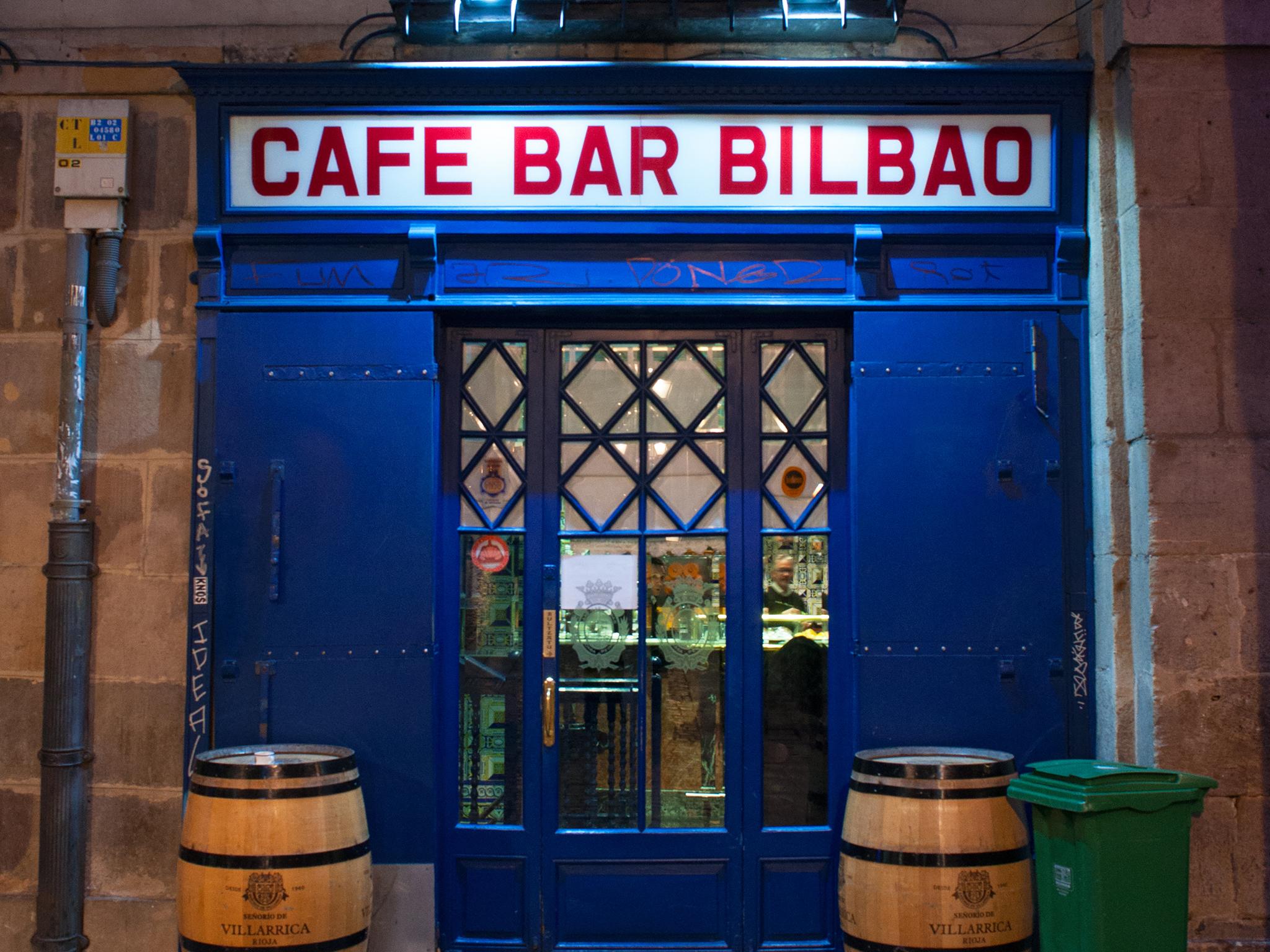
The awards preparations are prominent in conversation during a lunch at Azurmendi, one of Bilbao’s high-profile, three-star restaurants, whose proprietor Eneko Atxa is an adviser for the June celebrations. Tiny edible artworks arrive on equally fancy tableware – I seem to recall roasted-lobster toffee on a shiny black pebble at one point. A lengthy presentation outlines Azurmendi’s myriad activities: “fostering a sustainable, healthy and fair society through gastronomy” via everything from composting to the neuroscience of pleasure. The mind boggles almost as much as the palate.
An exhausting place, the cutting edge of Spanish gastro-politics. It was a relief, frankly, to get down to a rough old Bilbao riverfront tavern and knock back some remarkably good value local white wine and potato tortilla, with a barful of cheerfully ordinary Basque gluttons who wouldn’t recognise a soft power stratagem if it poked them in the eye with a pintxo.
Join our commenting forum
Join thought-provoking conversations, follow other Independent readers and see their replies
Comments